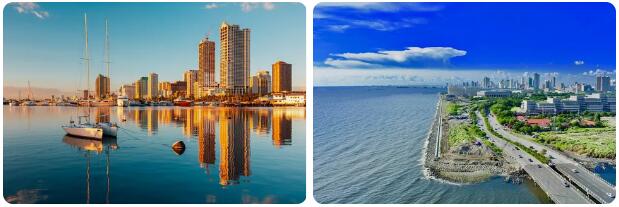Bangladesh 2006
In 2006, Bangladesh was a small nation located on the Bay of Bengal in South Asia. Despite being a relatively poor country, there were signs of progress and development. Over the years, Bangladesh had made considerable improvements in healthcare, education, and poverty reduction. However, there were still problems facing the citizens of Bangladesh in 2006. Healthcare access was still limited for many people due to lack of resources and infrastructure; while education had improved significantly over the years, it was still limited for many citizens due to poverty and lack of resources. According to constructmaterials, security threats from organized crime groups were a pressing issue in 2006 and there were increasing concerns about human rights violations throughout the country. Additionally, climate change posed a serious threat to low-lying island nations like Bangladesh as rising sea levels caused flooding and coastal erosion. Nevertheless, citizens of Bangladesh were hopeful that their country could continue to make progress towards a better future for its citizens.
Yearbook 2006
Bangladesh A wave of blast attacks that in the fall of 2005 had claimed at least 28 deaths and injured hundreds had its legal aftermath. Seven leaders and another 21 members of the extremist group Jamaat-ul-Mujahidin were sentenced to death. In another intervention against Islamic extremism, the Islami Bank was convicted of fines for money laundering and for pouring money into suspected terrorists.
Economy
| Inflation rate | 5.60% |
| Unemployment rate | 4.4% |
| Gross domestic product (GDP) | 690,300,000,000 USD |
| GDP growth rate | 7.40% |
| GDP per capita | $ 4,200 |
| GDP by sector | |
| Agriculture | 14.20% |
| Industry | 29.30% |
| Service | 56.50% |
| State budget | |
| Revenue | 6.633 billion |
| Expenditure | 9.34 billion |
| Proportion of the population below the national poverty line | 31.5% |
| Distribution of household income | |
| Top 10% | 27 |
| Lower 10% | 4th |
| Industrial production growth rate | 8.40% |
| Investment volume | 24.2% of GDP |
| National debt | 33.10% of GDP |
| Foreign exchange reserves | $ 33,660,000,000 |
| Tourism | 2014 |
| Number of visitors | 125,000 |
| Revenue | 154,000,000 USD |
According to CountryAAH, major public holidays in Bangladesh include Independence Day (March 26) and New Year (January 1). There was concern in the important textile industry. Dozens of factories were burned down and hundreds were vandalized by workers demanding higher wages and better working conditions. The textile industry alone accounts for close to 80% of Bangladesh’s export earnings and employs 40% of the country’s industrial workers. The industry has done brilliant business since the international textile quotas were abolished but is notorious for inhumane conditions for its employees. The head of the international export zone outside Dhaka, where most of the factories are located, was dismissed as a scapegoat for the unrest.
Political life was also characterized by unrest. As before in Bangladesh, political agitation, in the absence of formal debate, was conducted on the streets. During the countdown to the general elections in January 2007, a broad opposition alliance, led by the Awami League, conducted a long series of strikes and demonstrations for the demand for a new electoral commission and revised electoral votes. The opposition received support for its criticism of the undemocratic conditions for the electoral process of Western thinkers such as the International Crisis Group and the National Democratic Institute.
Constitutionally, the government resigned under Prime Minister Khaleda Zia in October to allow a neutral interim government to rule the country for the last three months before the election. President Iajuddin Ahmed himself took responsibility for the interim government since the Awami League refused to approve the man who had first been appointed. Following strikes and transport blockades, which repeatedly hit the country for several days, the electoral commission chairman also resigned. The actions were blown off by promises that the lengths of votes, which were suspected to contain at least 12 million false names, would be revised and other election arrangements reviewed. The army was deployed throughout the country to knock down any new protests.
One joyous subject for the country was that economist Muhammad Yunus and his creation, the micro-lending Grameen Bank, were awarded the Nobel Peace Prize.






